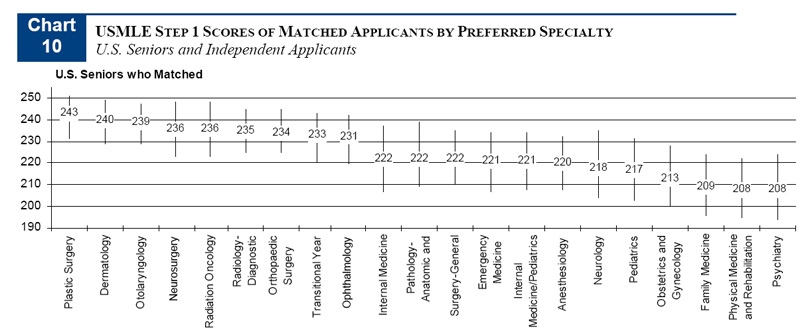- Joined
- Apr 27, 2007
- Messages
- 58
- Reaction score
- 0
I have been working as a tech in optometry/opthalmology for about 5 yrs. I love my job and I love EYES! The OD that I currently work for encourgage me to go back to school for optometry (I'm 27 so had never even considered trying to begin college with 2 kids in tow). So I am back in school....
My question/problem...
I love the medical aspects of my job. I love the retina, I love the OCT, I love the cornea, ect. I enjoy refracting and contact lenses but not quite as much as the other.
The doc that I work for has a very good set up. We have no full time MD's in our town/county. He has a very medically oriented practice, is able to bill most any med. insurance he wants (only accepts 1 vision plan - Eyemed) and then 1x a week a MD comes and does sx consults and pre-ops. This works very well and this is the type of practice is what I would like to work in. But ~ how typical is this?
I know alot of people (and insurance companies) don't believe that OD's are as capable of managing disease as MD's. Because I like the medical part of optometry so much, I am questioning whether I should go to medical school. Medical school is not my first choice because I don't want to have a Dr./patient relationship like most of the MD's I have worked with (also can begin practicing much sooner if I go the OD route). I want to be a large part of my patient's medical care (ie diabetics and glaucoma) and I want them to feel they have my undivided attention during their visit. OK - now I'm rambling. 😳
Please give advice - and don't be too harsh. I know I still have a lot of the "newbe" idealistic thoughts. I truely do have a passion for the field and just want to be the best doctor I can be no matter which path I decide to take. (oh yeah - and it's not an issue of money in the OD vs. MD part - I'll be making a whole lot more than I am now as a tech!!!😀)
My question/problem...
I love the medical aspects of my job. I love the retina, I love the OCT, I love the cornea, ect. I enjoy refracting and contact lenses but not quite as much as the other.
The doc that I work for has a very good set up. We have no full time MD's in our town/county. He has a very medically oriented practice, is able to bill most any med. insurance he wants (only accepts 1 vision plan - Eyemed) and then 1x a week a MD comes and does sx consults and pre-ops. This works very well and this is the type of practice is what I would like to work in. But ~ how typical is this?
I know alot of people (and insurance companies) don't believe that OD's are as capable of managing disease as MD's. Because I like the medical part of optometry so much, I am questioning whether I should go to medical school. Medical school is not my first choice because I don't want to have a Dr./patient relationship like most of the MD's I have worked with (also can begin practicing much sooner if I go the OD route). I want to be a large part of my patient's medical care (ie diabetics and glaucoma) and I want them to feel they have my undivided attention during their visit. OK - now I'm rambling. 😳
Please give advice - and don't be too harsh. I know I still have a lot of the "newbe" idealistic thoughts. I truely do have a passion for the field and just want to be the best doctor I can be no matter which path I decide to take. (oh yeah - and it's not an issue of money in the OD vs. MD part - I'll be making a whole lot more than I am now as a tech!!!😀)

